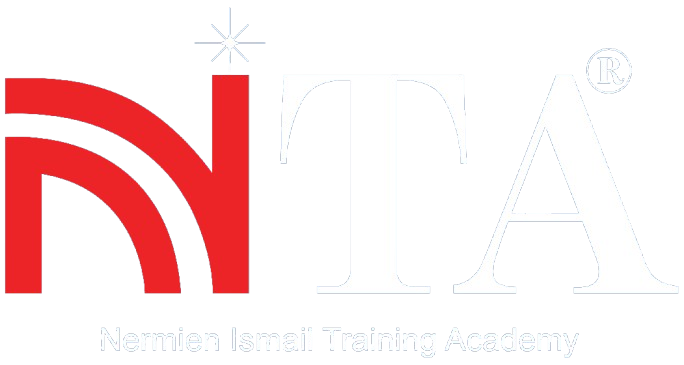The goal of this workshop is to improve communication through empathy, which is the ability to understand and value others’ perspectives. Effective communication starts with self-awareness and self-compassion. Recognizing your own value helps you engage empathetically with others. Each interaction provides a chance for growth, even with difficult individuals.
To enhance communication, participants are encouraged to practice Empathetic Awareness through four steps: PAUSE, REFLECT, ADJUST, and ACT. This is especially important during sensitive discussions or conflicts. Maintaining empathy can de-escalate tensions and prevent confusion and hurt feelings. Utilizing “I” and “XYZ” statements can also improve dialogue by reducing defensiveness and focusing on personal feelings rather than assigning blame. For example, saying “I felt overwhelmed” instead of “You didn’t care” can lead to more constructive conversations.
The workshop also tackles barriers to effective communication, which include prejudices, previous experiences, heightened emotions, and language or cultural differences. Being mindful of these obstacles allows for better listening and responding. Active listening involves focusing on both verbal and non-verbal cues, avoiding interruptions, and summarizing the speaker’s message. Ultimately, respectful and intentional communication fosters mutual understanding and connection, and it is a skill that can be developed through daily practice. Opportunities for practicing empathy arise frequently, even in challenging interactions, allowing for personal growth and improved relationships.
Course Features
- Lecture 1
- Quiz 1
- Duration Lifetime access
- Skill level All levels
- Language English
- Students 111
- Certificate Yes
- Assessments Self
- 1 Section
- 1 Lesson
- Lifetime
Leave A Reply
You must be logged in to post a comment.


1 Comment
I would like to sincerely thank you for the effective and insightful training. I truly benefited from your guidance, especially your words on communication, which helped me approach and communicate more effectively with a new teacher whom I previously found challenging to engage with.
Your advice provided me with clarity and confidence, and I am grateful for the positive impact it has had on my professional practice.
Thank you once again for your valuable support and inspiration.